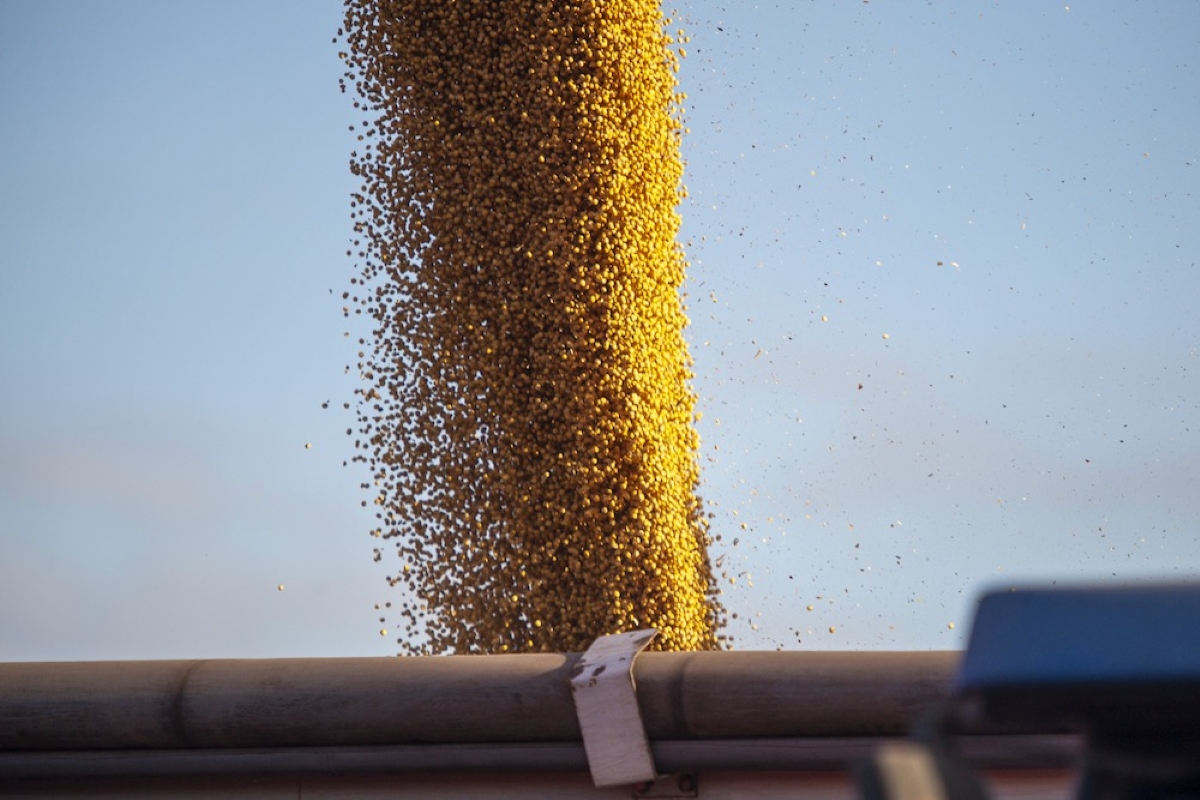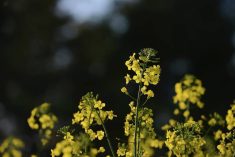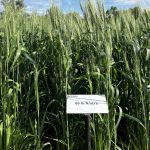Chicago | Reuters — Syngenta moved closer to putting a troubled biotech corn seed launch behind it with a US$1.5 billion settlement with farmers this week, but grain traders who filed two remaining lawsuits may be less ready to compromise, legal experts said.
The company was sued three years ago by the farmers and traders who said they suffered financial losses over its decision to commercialize a genetically modified (GMO) corn strain known as Agrisure Viptera before China approved it for import.
Its settlement this week with farmers cost it more than half its annual profits and came after it lost a case in Kansas and had to pay $217.7 million in damages to over 7,000 farmers (all figures US$).
Read Also

Brazil to reap record soy crop in 2025/2026, increase exports
Brazil’s Conab said the country will reap a record soybean crop of 177.6 million tons in the 2025/2026 harvest year, according to data released on Thursday.
Two lawsuits brought by U.S. grain traders Cargill and Archer Daniels Midland against the seed company, which is now owned by Chinese chemicals firm ChemChina, are still pending.
“The settlement could indicate a willingness on the part of Syngenta to make all of this go away. But the claims of the U.S. grain handlers are uniquely different than the farmers’ claims,” said Roger McEowen, an agricultural law professor at Washburn University School of Law in Kansas.
“I’m not inclined to say that the willingness to settle on the farmer side of things means anything to the lawsuits that have been filed by the grain handlers,” McEowen added.
A study by the National Grain and Feed Association estimated losses for U.S. farmers and exporters at up to $2.9 billion due to market disruption after the seed launch.
More than one million tonnes of shipments of U.S. corn containing traces of Syngenta’s GMO variety corn were rejected by China before it finally approved the strain in December 2014.
Cargill and ADM, major exporters of corn to China, may have sensed Syngenta was not faring well at trial and decided they might be able to recover more if they continued litigating, Carl Tobias, a professor of law at the University of Richmond, said.
“The companies may have seen some kind of exposure and thought that they might do better if they keep some pressure on,” he said.
Syngenta said in a filing with the U.S. Securities and Exchange Commission in February that Cargill had claimed over $90 million in damages.
It did not detail why Cargill and ADM were not part of this week’s settlement. It is not unusual, though, for large companies, hoping for a bigger recovery, to pursue individual lawsuits after a class action settlement has been reached resolving claims by smaller plaintiffs.
Cargill confirmed its trial would begin in September 2018 but declined to comment further.
ADM’s trial date is not yet scheduled, said spokesman Colin McBean. The company has “very substantial damages claims,” he said.
Syngenta did not immediately respond to further questions about its case.
— Karl Plume reports on agriculture and agribusiness for Reuters from Chicago; additional reporting by Nate Raymond in Boston.













